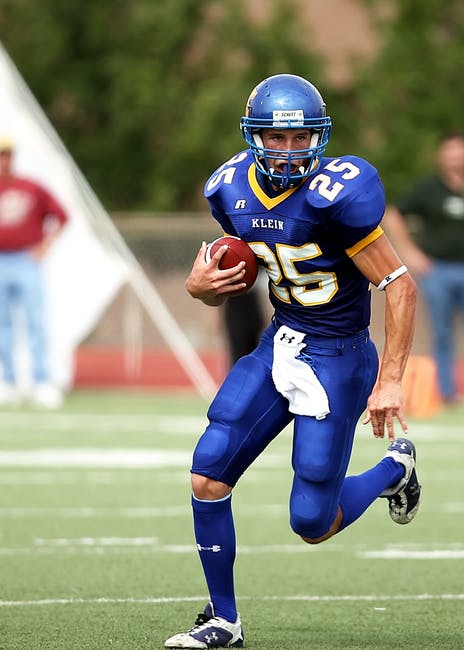Why Sports Matter
We hear a lot about the darker side of sports, the side where money confuses priorities. Coaches that jump ship for other schools before their contracts are up. Scandals involving schools that sacrifice their values and identity to pursue sports wins. The usual issues involving money or benefits to athletes. And finally individuals of dubious character being successful in sports and playing with different rules than the rest of us.
The reality is that this level of sports (professional or major college) is a small part of the people that play and coach sports. For example, estimates that over 15 million people play baseball. The NCAA estimates that in 2019 there were a little over 487,000 playing baseball at the high school level and 35,000 playing at the collegiate level (http://www.ncaa.org/about/resources/research/estimated-probability-competing-college-athletics). There were a little over 800 Major League Baseball players in 2018. So when we talk about the negatives where money distorts things, we’re talking about a small part of the people who play sports.
Sports matter to the men and women that play them and to the coaches that help to develop those men and women. There are a number of reasons why sports matter, what follows is a small list that comes to my mind:
- Gets athletes off their screens
- Fitness
- Ability to fail
- Importance of hard work
- Part of something bigger than them
- Leadership opportunities
- Service opportunities
- Discipline/accountability
Sports get athletes off their screens. Not to get on too big of a soapbox here, but youth spend a scary amount of time on their screens. Sports provide at least a little time each day where they have to get off those screens, focus on the real world, and interact with real people.
Sports provide the opportunity for the development of both fitness and good lifelong habits with regards to exercise and nutrition. Today the standard is that athletes are not only going to practice their sport, not only going to compete in games, but they are also going to be in an organized strength and conditioning program as part of their sport – at least at the middle school level and above. Athletes that aren’t in this kind of a program are at a disadvantage. This program has the potential to teach lifelong exercise and nutrition skills.
Sports give young men and women the ability to fail. Let me say that again, in sports men and women fail. It’s no secret that we’re not doing young men and women a service in the rest of life with the lack of opportunities to fail. In sports your play can make you the hero or the reason the team lost, it’s stark and it is difficult to argue. Sports are zero sum, in other words while we may have a “moral victory” someone still wins and someone loses. This is such an important life lesson.
Sports teach the value of hard work. If we fail to practice, if we fail to study, if we fail to take advantage of those strength and conditioning opportunities, then it shows in our play. It also means that we will lose to teams and athletes that do all of these things. So, if we want to be successful at sports then we have to put in the work. We can coast through school if we’re smart and do well while doing the bare minimum, but that’s almost impossible in sports.
Sports give us the privilege of being part of something larger than us. For example, we’re part of a team, our efforts on the field and off have a role in how our team does. We’re part of a school and as an athlete our actions reflect on the school. We get the opportunity to be with others in pursuit of common goals and we derive identity through being part of something larger than us.
Sports provide leadership opportunities. Every athlete is a leader in one way or another. They may be a leader on their team. Even if they are not a leader on their team, then they are a leader in their community. Whether it’s their school (athletes are leaders in their schools, they set the example and others look up to them), their community, or even their family (older siblings and younger siblings). This all means that athletes have to set an example in terms of their work ethic and character.
Sports provide service opportunities. A lot of people often treat this as something they have to do, in other words it’s a box to check or a ticket to punch. But it gives an athlete (and a coach) an opportunity to give back to their community. For an athlete and a coach to be successful a lot of people made sacrifices along the way. The fact that athletes and teams do things in their communities or their schools for others is a great way to give back and it helps to develop men and women of character.
Finally, sports teach accountability and discipline. In sports there are expectations. This is true at every level of sports. Failing to meet expectations has consequences. It may be playing time, losses, or even being on the team. This is important because real life has expectations that we are accountable for reaching.
Expectations are what we are striving for, accountability are the consequences, and discipline is getting there.




